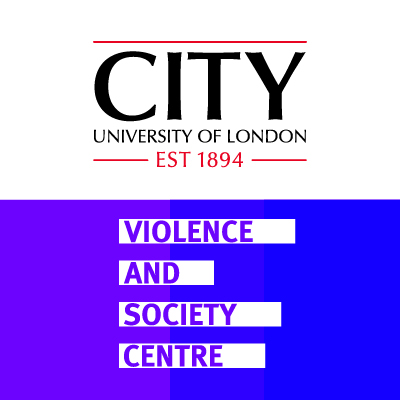In the UK, domestic and sexual violence and abuse (DSVA) is prevalent, and a range of support services and interventions are available to those who have experienced or perpetrated it. Currently, there is no consensus on how the effectiveness and impact of these services should be measured, nor is it clear what outcomes and outcome measures are currently being used by service providers and researchers.
In 2022, VISION researchers, led by Dr Sophie Carlisle, co-designed and conducted a scoping review with an advisory group of representatives from six UK-based DSVA organisations, to summarise, map and identify trends in outcome measures used in evaluations and studies of DSVA services and interventions in the UK.
They searched eight databases, four grey literature databases, put out a call for evidence and searched relevant DSVA websites and identified a total of 80 studies describing 87 interventions and services that were relevant to the review.
A total of 426 outcome measures were extracted, of these there were 282 unique outcome measures. The most commonly used outcome, reported in 11 studies, was the cessation of abuse, as measured by the Severity of Abuse Grid. Over time, both the number of studies and the variety of outcome measures has increased.
This research highlights inconsistencies in measurements of effectiveness in evaluations of DSVA services and research. As this area matures, there is an increased need for a core of common, reliable metrics.
For further information please see: Trends in outcomes used to measure the effectiveness of UK-based support interventions and services targeted at adults with experience of domestic and sexual violence and abuse: a scoping review | BMJ Open
Photo from licensed Adobe Stock library


